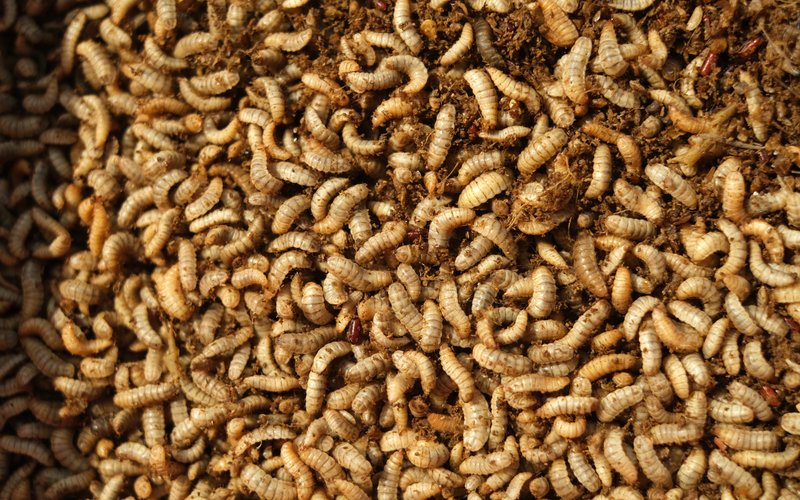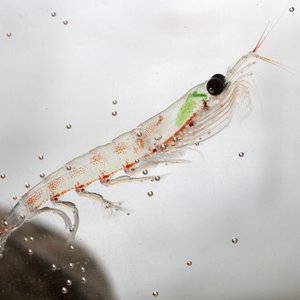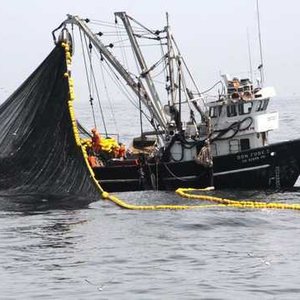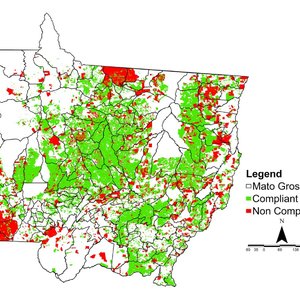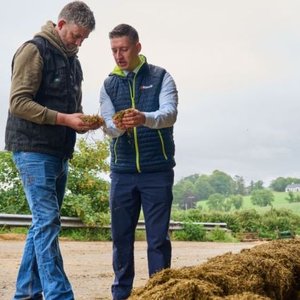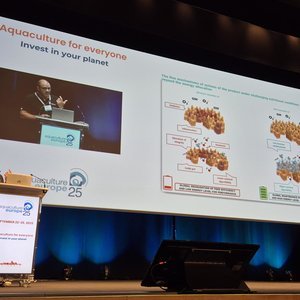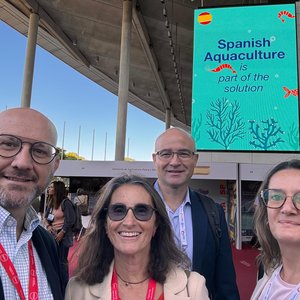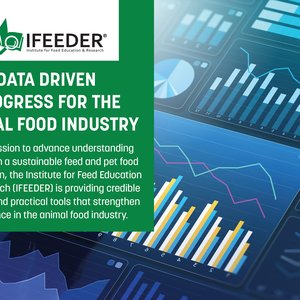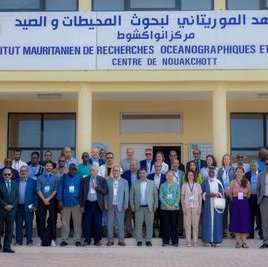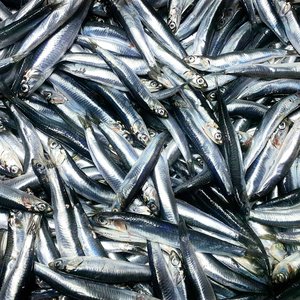Mukka Proteins Limited (MPL) acquired a majority stake (51%) in insect producer FABBCO Bio Cycle and Bio Protein Technology Private Limited (FABBCO). This investment, amounting to approximately ₹6 crore (approximately USD 680,000) represents a significant step forward in MPL’s commitment to building a robust, sustainable alternative protein segment and is already catalyzing the rapid expansion of the waste-processing model into new metropolitan markets.
With this acquisition, MPL reinforces its leadership in alternative protein solutions by integrating FABBCO’s waste-to-protein technology. The company produces Black Soldier Fly (BSF) in a closed-loop biological system that not only addresses significant environmental challenges by diverting organic waste from landfills but also creates two high-value products: nutrient-rich compost for agriculture and a sustainable, high-quality protein ideal for animal feed. This transaction directly aligns with MPL’s vision of expanding its high-growth, sustainable feed portfolio.
K. Mohammed Haris, Managing Director & CEO of Mukka Proteins Limited, stated: “This acquisition is a pivotal step in our long-term strategy. By integrating FABBCO, we are not just expanding our capabilities but immediately deploying them. The new 300 tons per day facility in Bengaluru, launched under a contract with Bruhat Bengaluru Mahanagara Palike (BBMP), is a testament to our joint capacity to execute large-scale, impactful projects that directly address urban waste management. Together with our subsidiary Ento Proteins, this integration expands our capacity to deliver responsibly sourced, nutrient-dense, and cost-effective feed solutions. MPL, as a group, now operates approximately 500 tons per day of waste management capacity using BSF Technology across multiple locations, reinforcing our leadership position in sustainable waste processing.”
Likewise, Haris added: “This investment also aligns with the United Nations Sustainable Development Goals, especially Goal 12 (Responsible Consumption and Production) and Goal 14 (Life Below Water). By advancing insect protein as an alternative feed, we reduce reliance on marine-based ingredients and turn urban waste into essential agricultural inputs, as demonstrated by our successes in Mangalore and our immediate expansion to Bengaluru.”


